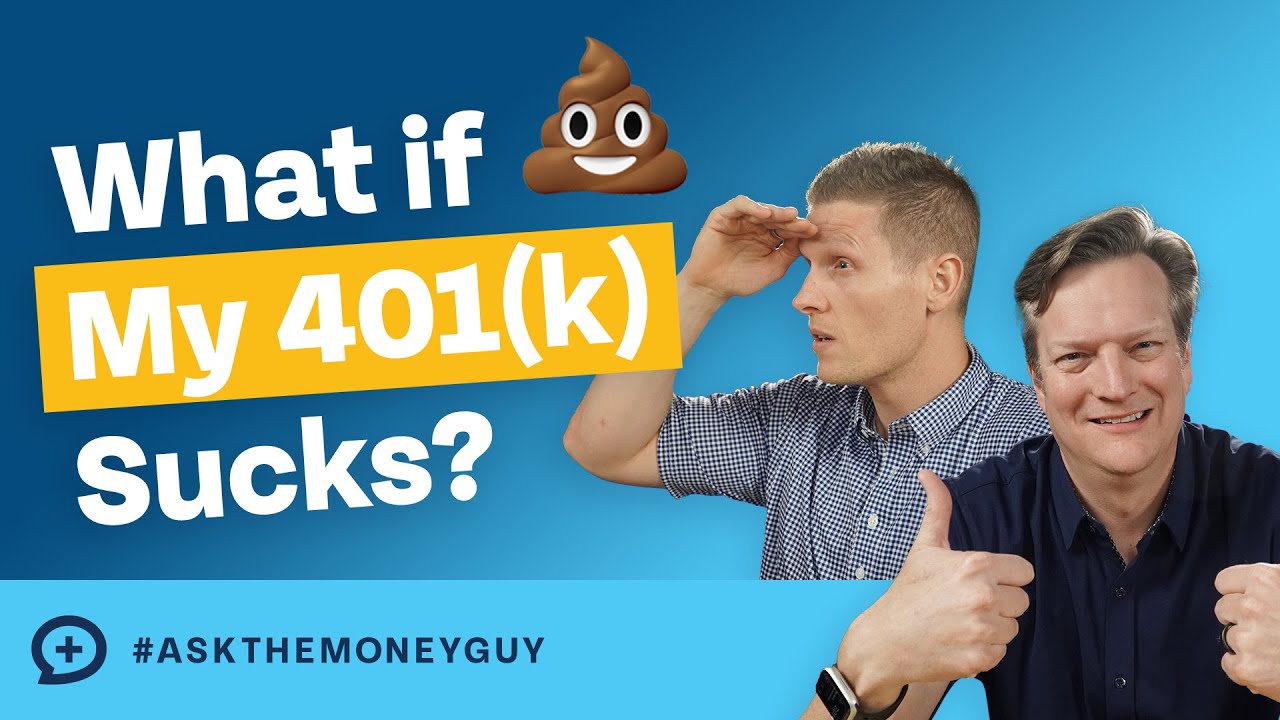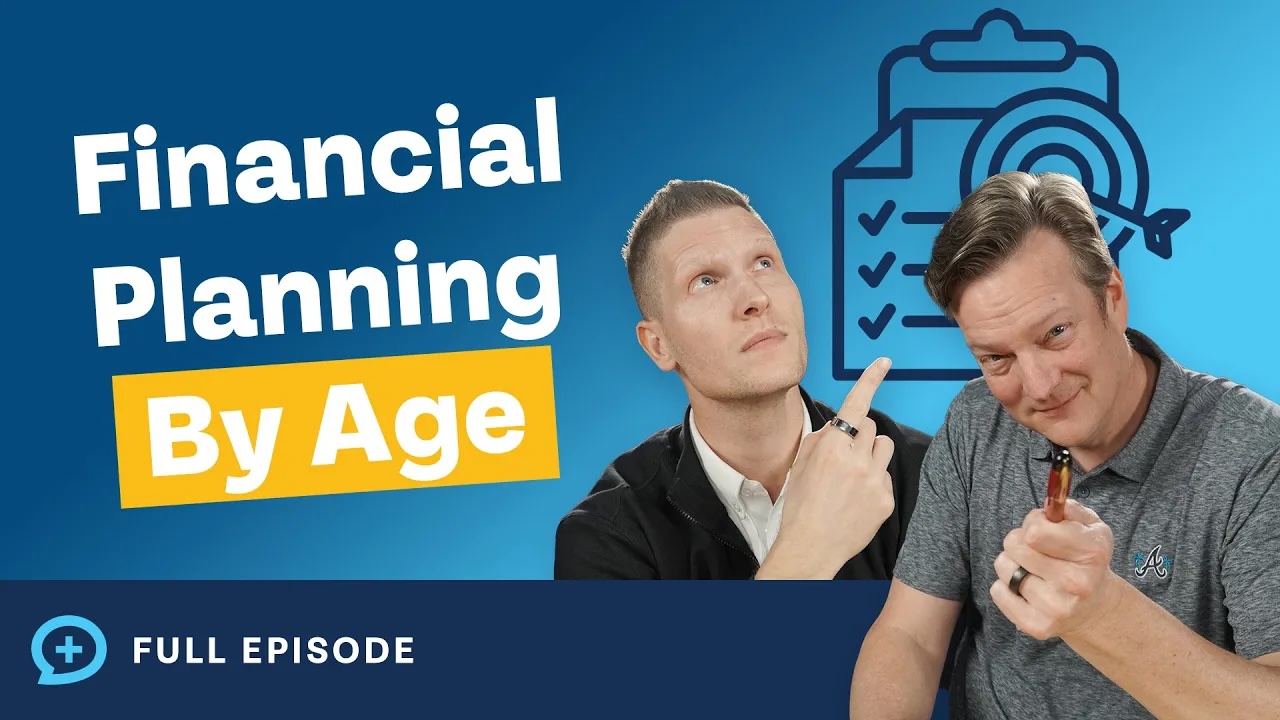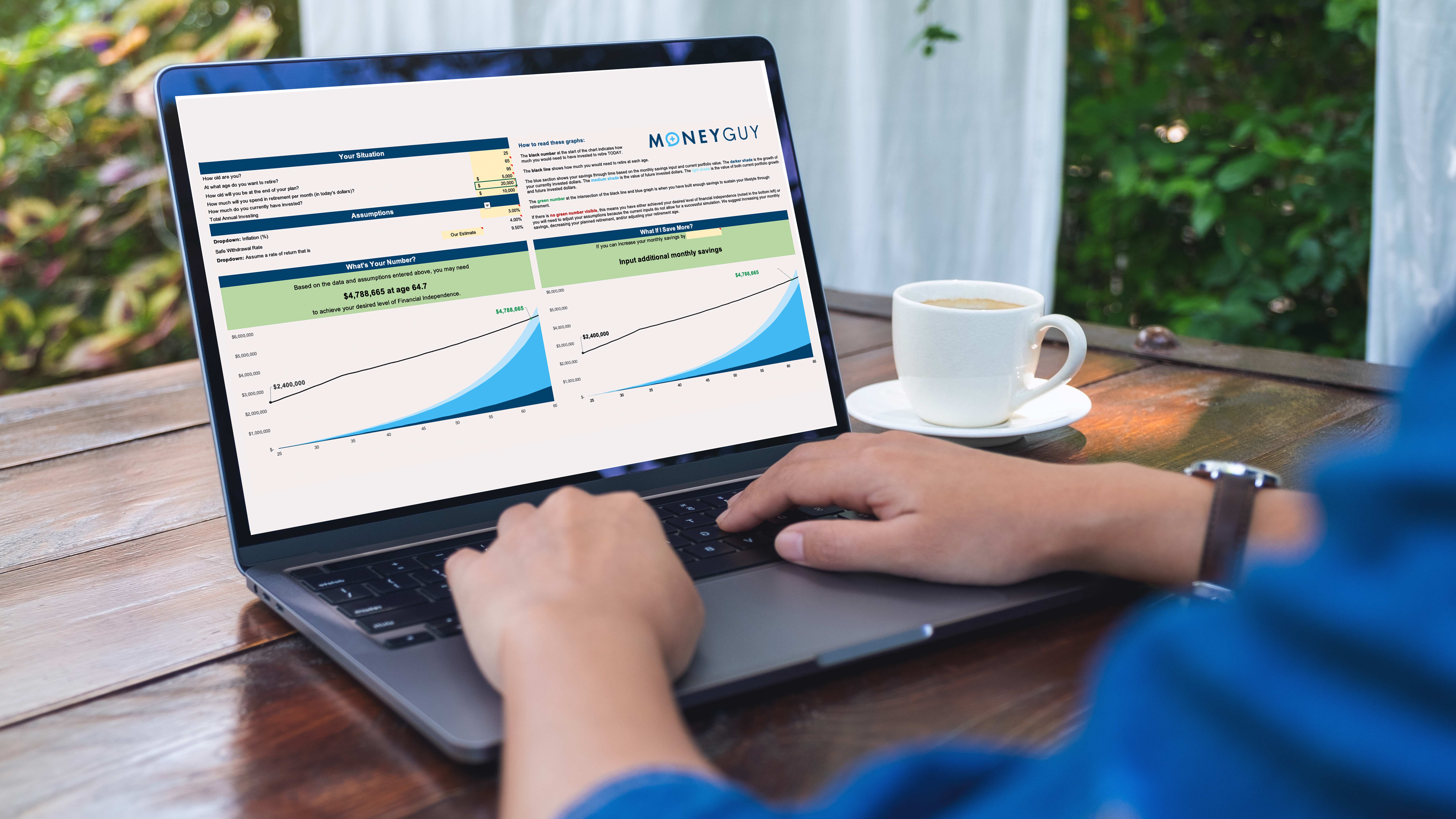
When you’re young and burdened by debt, making the decision between debt repaying versus investing may seem impossible. How can you invest if all of your extra money goes to debt repayment?
While deciding what to do with any extra savings can be tough, it is possible to manage competing financial priorities. Here’s what to consider when answering the question of investing or paying down debt.
All Debt Is Not Created Equal
Having debt keeps you tied to monthly payment, and that can hamper your ability to use money to achieve other goals. But not all debt is created equal.
Take a look at these different types of debt:
- Car loans
- Credit card debt
- Student loan debt
- Health-care related debt
- Home mortgage or home equity loan
You need to evaluate what type of debt you have, your debts’ interest rates, if any repayment plans are available, and what can and can’t be discharged in bankruptcy to help you make an informed decision on what to focus on.
What to Consider When Creating a Balanced Plan
Once you have a clear picture of your debt situation, you can start working on a plan to balance repayment with investing. You also want to think about:
- How much you owe: If you owe over $20,000, it may not make sense to target your extra money strictly to debt repayment. Depending on your salary, it could take a long time to repay debt. If you’re only focusing on this debt, you’ll miss out on a lot of time and opportunity to build wealth by investing.
- Interest rate: Credit card debt usually has the highest interest rates out of any other debt. If your interest rate is any higher than 10%, consider aggressively trying to pay off that debt first. While all of your debt will accrue interest, a 27% interest rate on $5,000 worth of debt is alarming compared to 4% interest on a $10,000 debt.
- Any programs to help you repay debt: Student loan debt in particular has a variety of programs to help you repay debt in a manageable way. If you’re struggling to pay off your student loan debt, work in public service or as a teacher in a low-income area, you may qualify for several different government repayment programs. Check out Income Based Repayment, Pay-As-You-Earn, the Public Service Loan Forgiveness program, and the Teacher Loan Forgiveness program.
How to Incorporate Investing into Your Financial Priorities
If you have significant debt, you may feel like repaying your debt will take forever and at the expense of other priorities. It doesn’t have to be that way!
One strategy for paying off debt while still investing is to allocate different percentages of your income to different goals. This strategy allows you to pay for essentials, address your need to invest for the future, and make progress toward debt. Here’s an example of how this could break down:
- 50% of your take-home pay can go to essential expenses, like housing, utilities, transportation, and groceries.
- 20% of your take-home pay can go to discretionary spending and cash savings.
- 15% of your take-home pay can go toward investments.
- 15% of your take-home pay can go toward debt repayment.
This rule is just one way to look at how you can manage both investing and debt repayment. Breaking down your income and allocating it this way allows you to make progress on paying down your debt while also building wealth via investing.
It’s important to find ways to balance both these financial priorities. While debt isn’t ideal and you may feel pressured to get rid of it as soon as possible, you don’t want to get stuck “racing to zero.” This means focusing only on getting out of the red — and ignoring the need to build up assets.
You Should Invest Strategically
One more thing to think about: when you’re trying to manage both investing and debt repayment, it’s important that you’re making the most of your investment dollars since it comes at the cost of paying off debt. If you can take advantage of a 401(k), make sure you do so. Contribute at least enough to get your company match if one is available.
A 401(k) is a good tool for investing because your contributions are tax deferred. That means you pay taxes when you withdraw the money, and not in the year you make the contribution. The tax savings may allow you to save more each year.
(Self-employed? Try using a SEP IRA or Solo 401(k) to reap similar benefits.)
Investing vs. Repaying Debt Doesn’t Have to Be an End-All, Be-All Choice
Tackling debt is incredibly important, but you can manage multiple goals at once. If you feel like you just can’t divert a little income to investing, remember the power of compound interest. Rather than focusing on racing to $0 debt, you can and should consider investing while repaying debt. By thinking strategically, you can pursue multiple financial priorities at once.
If you enjoyed this post, you’ll love free access to more content from The Money Guys. Check out our free resources here!














